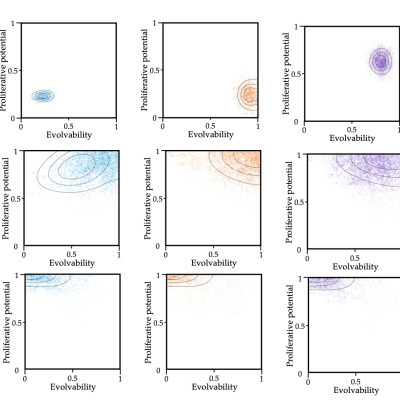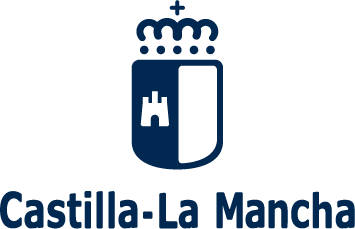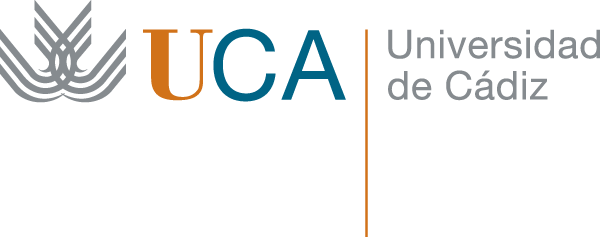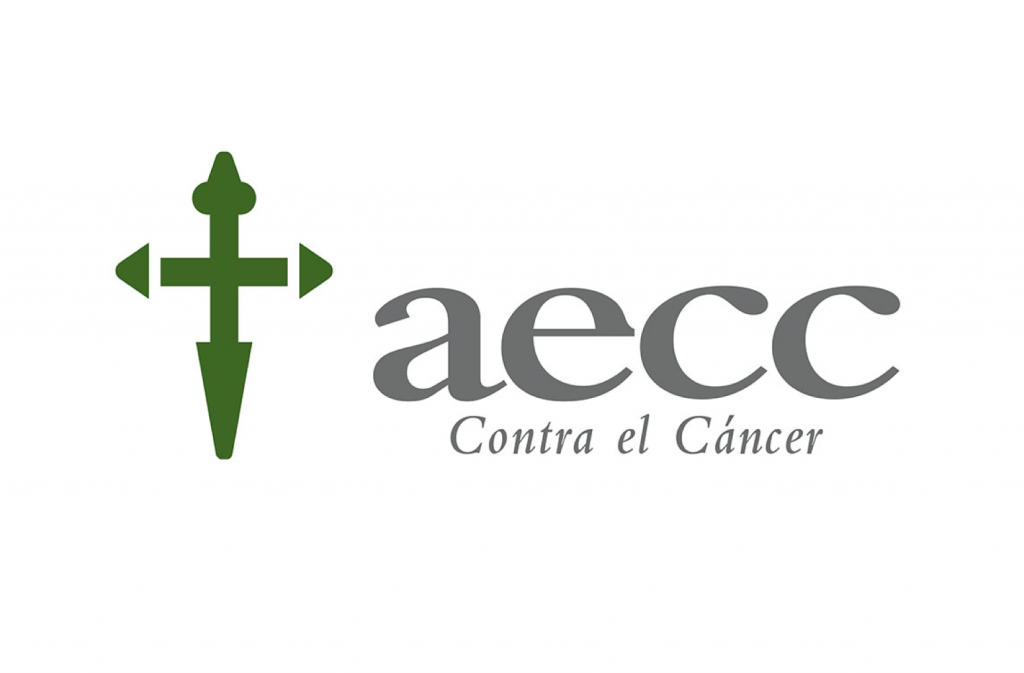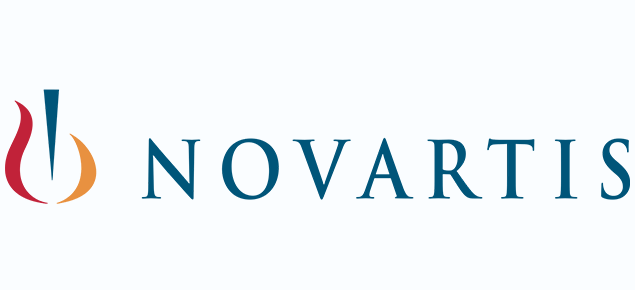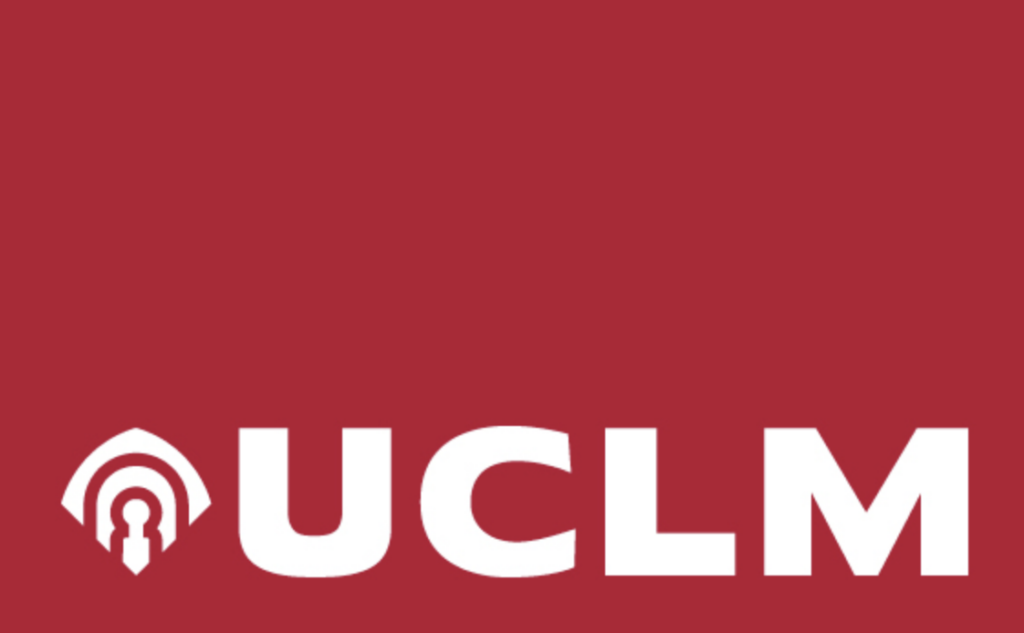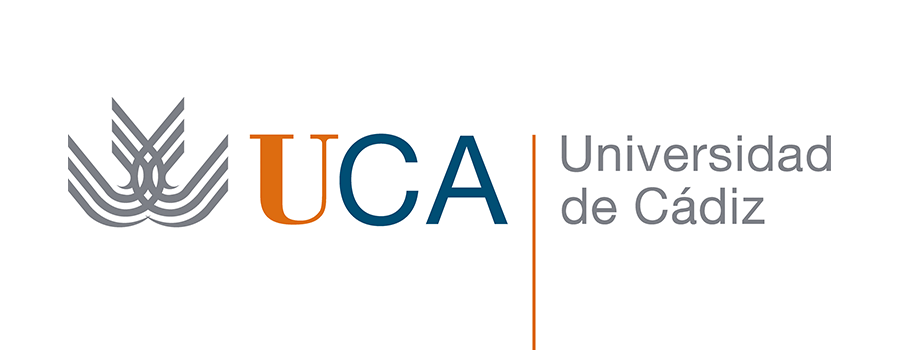Publication
A glance at evolvability: a theoretical analysis of its role in the evolutionary dynamics of cell populations
J. Jiménez-Sánchez, C. Ortega-Sabater, P. K. Maini, V.M. Pérez-García, T. Lorenzi
arXiv:2402.06392
MOLAB authors
Abstract
Evolvability is defined as the ability of a population to generate heritable variation to facilitate its adaptation to new environments or selection pressures. In this article, we consider evolvability as a phenotypic trait subject to evolution and discuss its implications in the adaptation of cell populations. We explore the evolutionary dynamics of an actively proliferating population of cells subject to changes in their proliferative potential and their evolvability using a stochastic individual-based model and its deterministic continuum counterpart through numerical simulations of these models. We find robust adaptive trajectories that rely on cells with high evolvability rapidly exploring the phenotypic landscape and reaching the proliferative potential with the highest fitness. The strength of selection on the proliferative potential, and the cost associated with evolvability, can alter these trajectories such that, if both are sufficiently constraining, highly evolvable populations can become extinct in our individual-based model simulations. We explore the impact of this interaction at various scales, discussing its effects in undisturbed environments and also in disrupted contexts, such as cancer.



